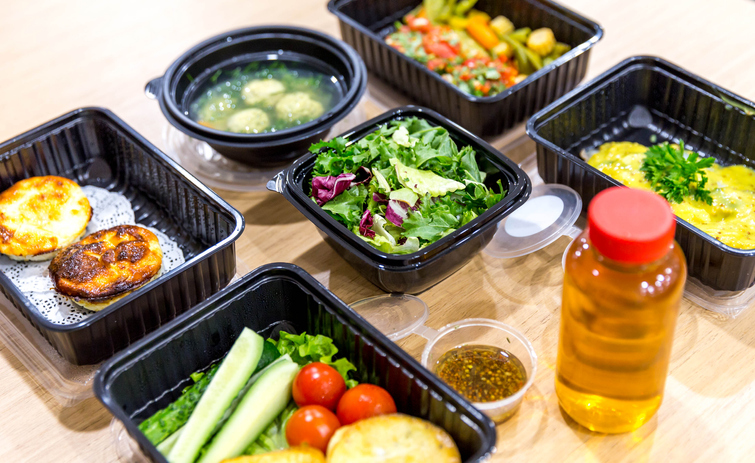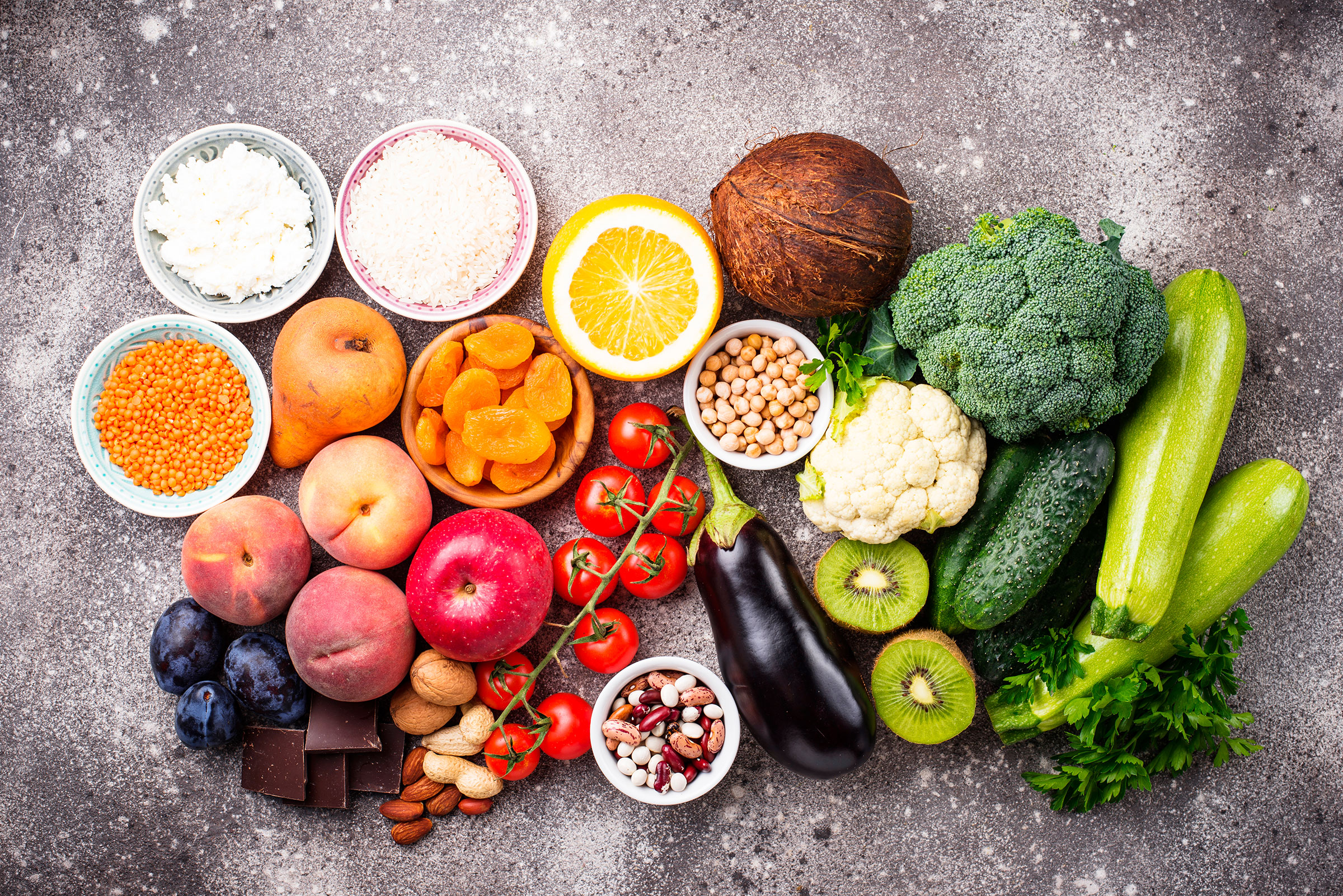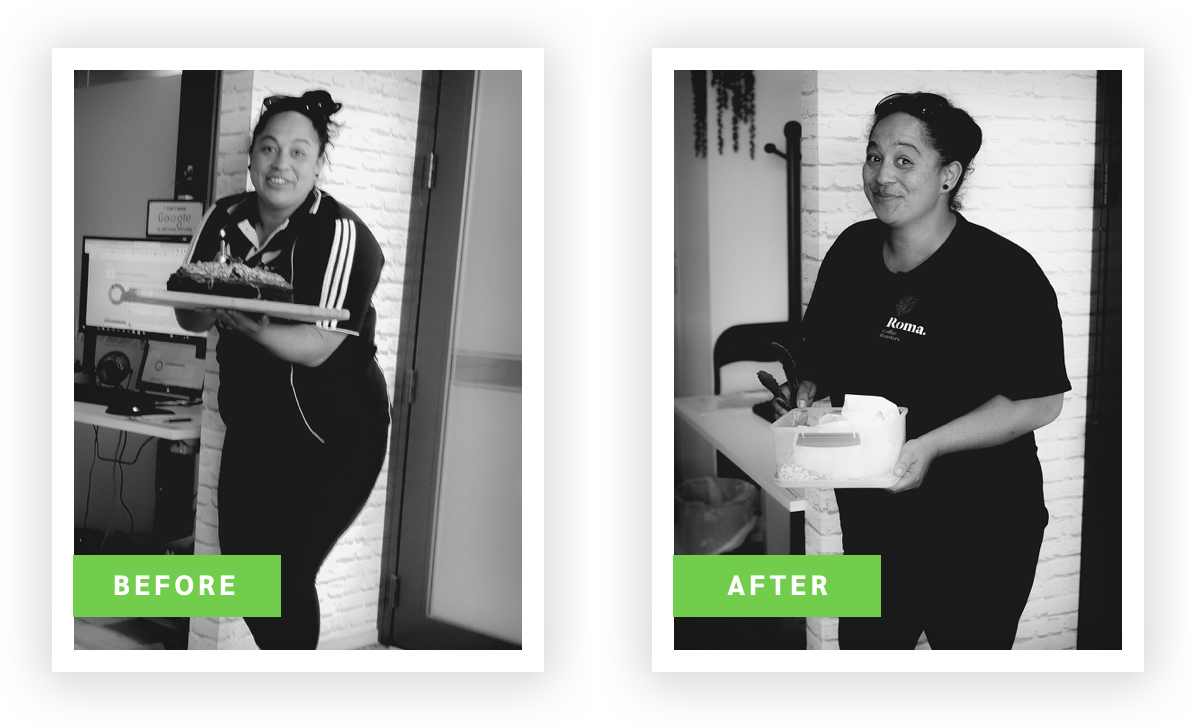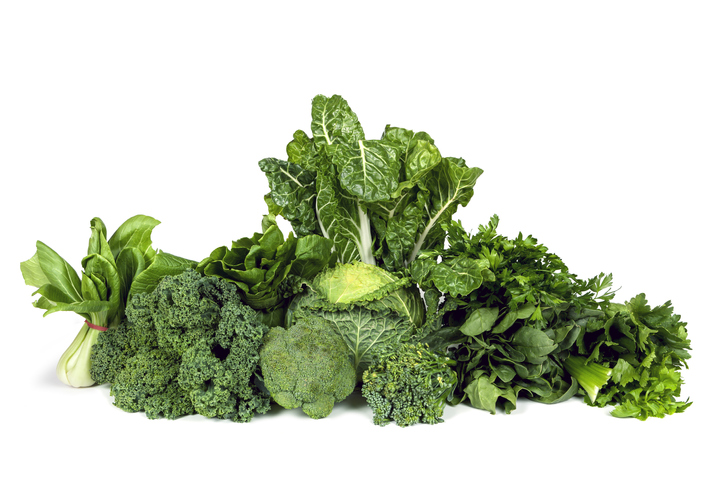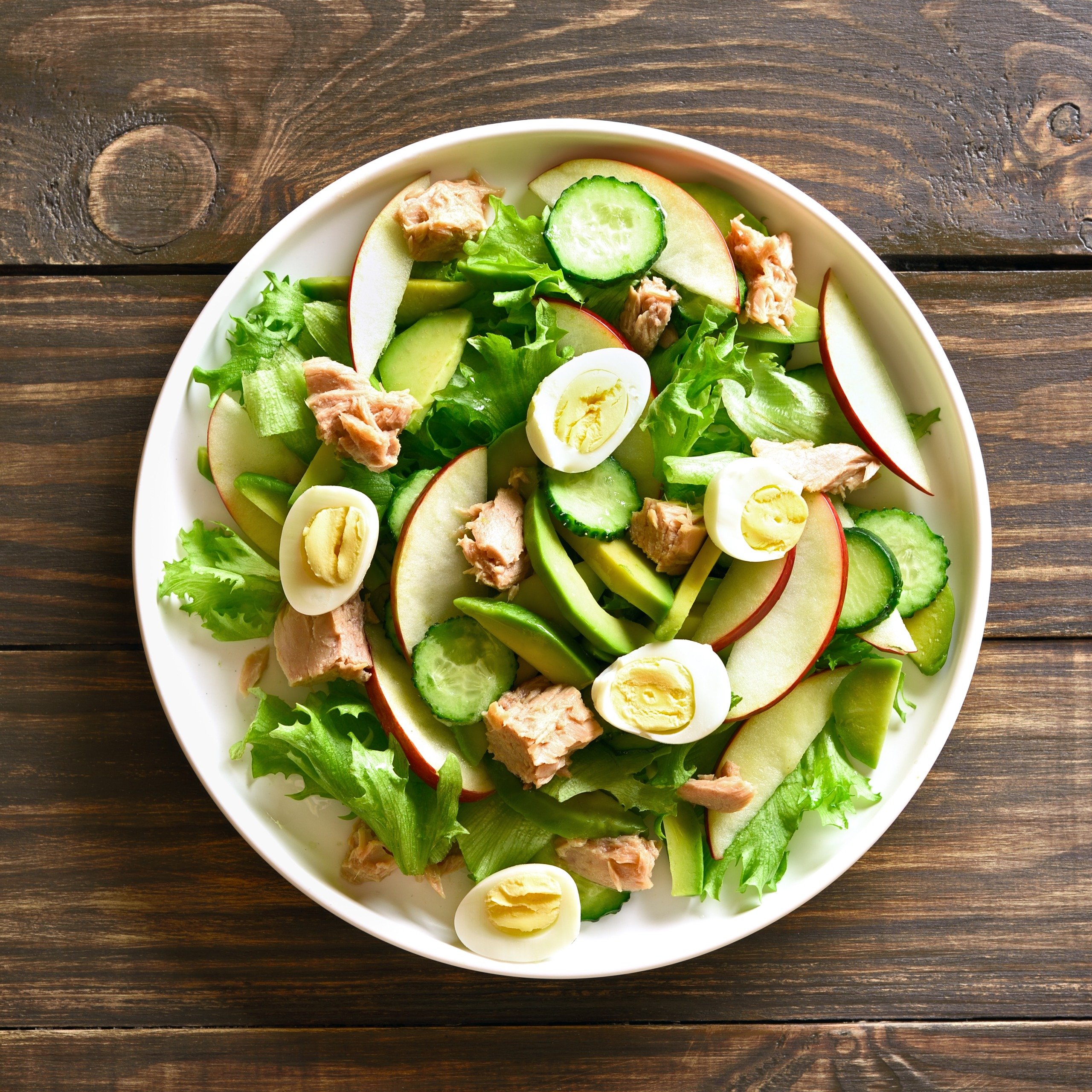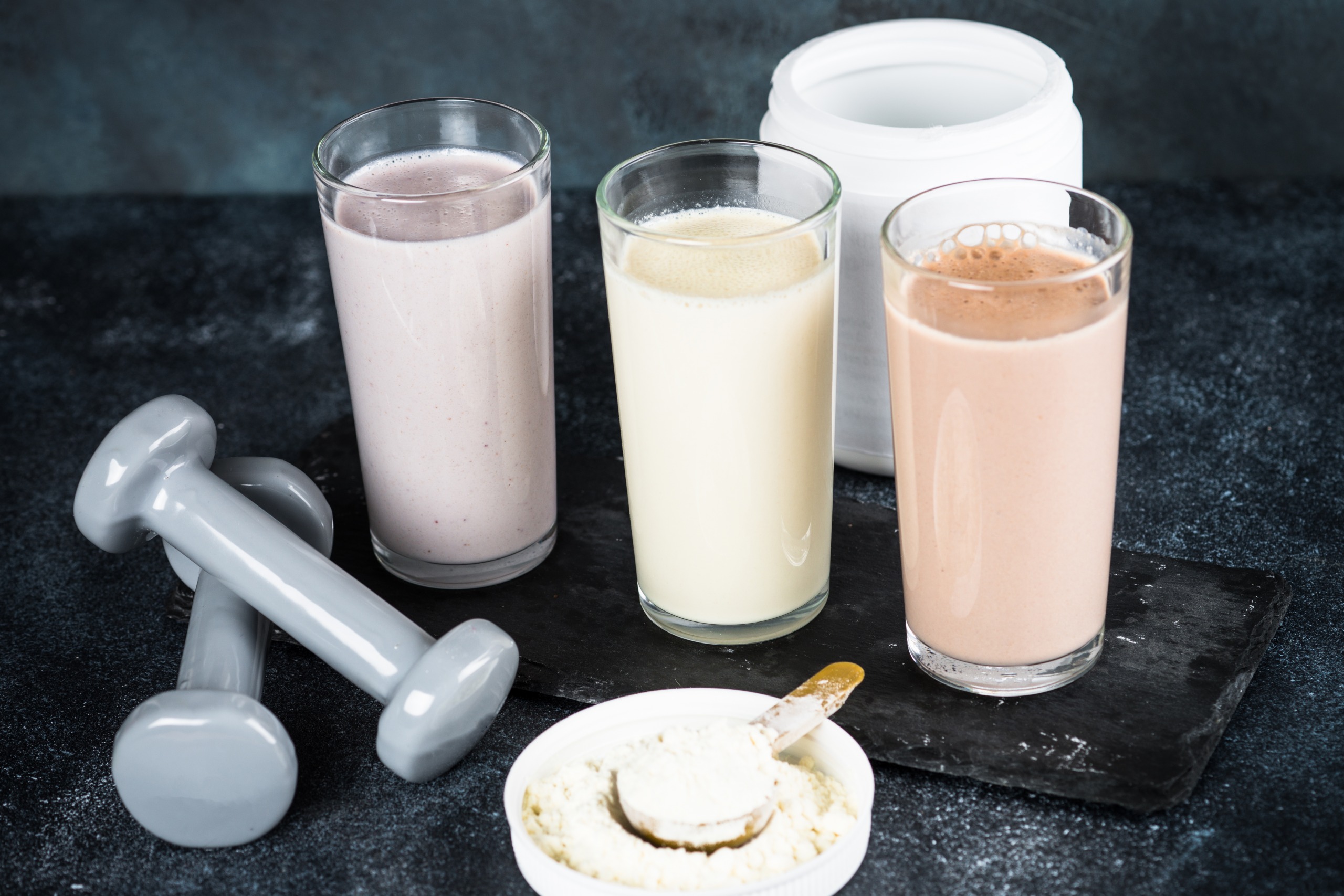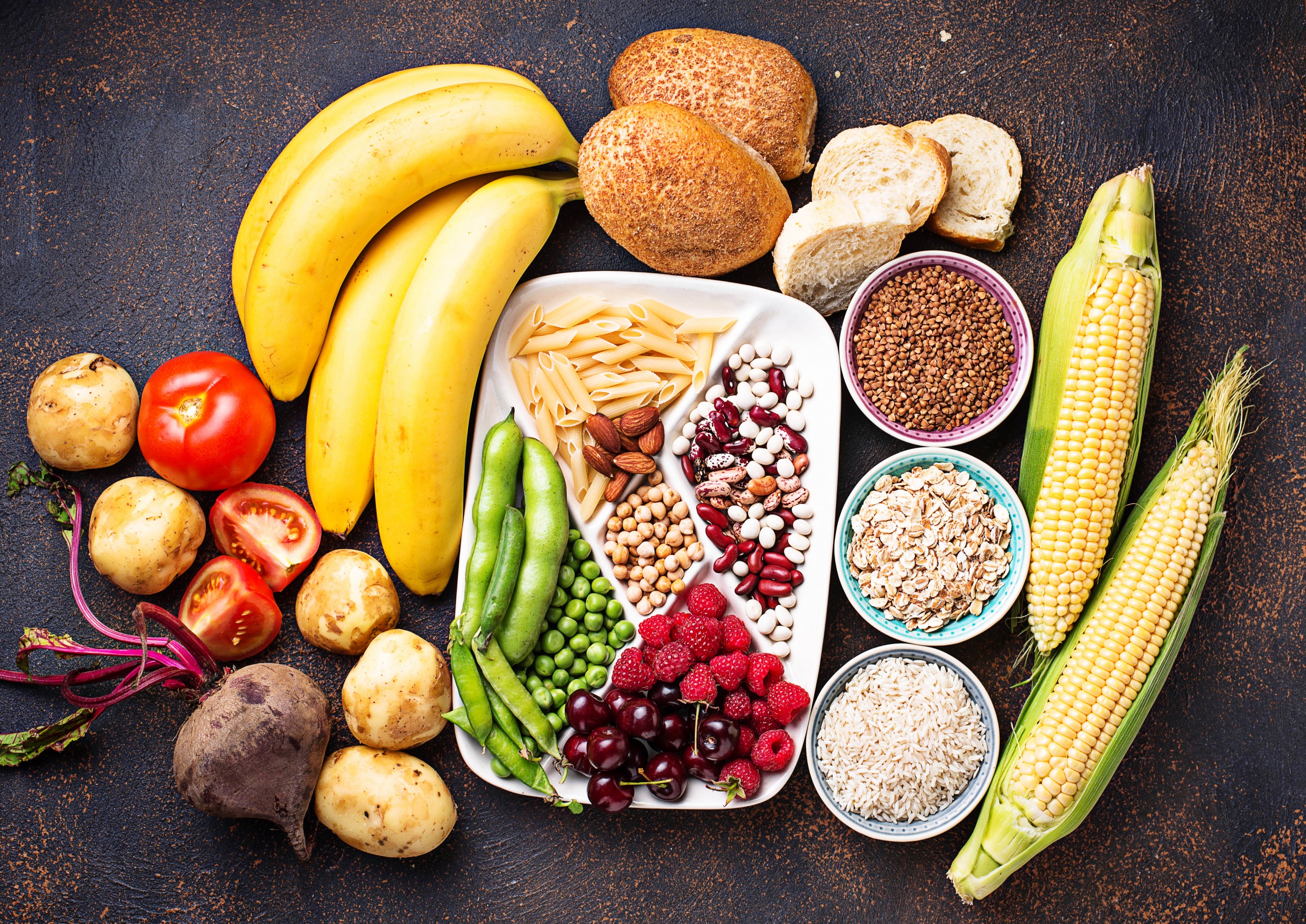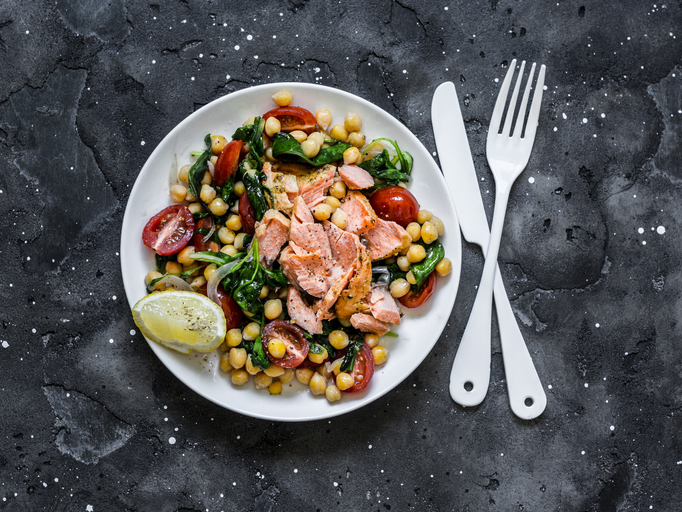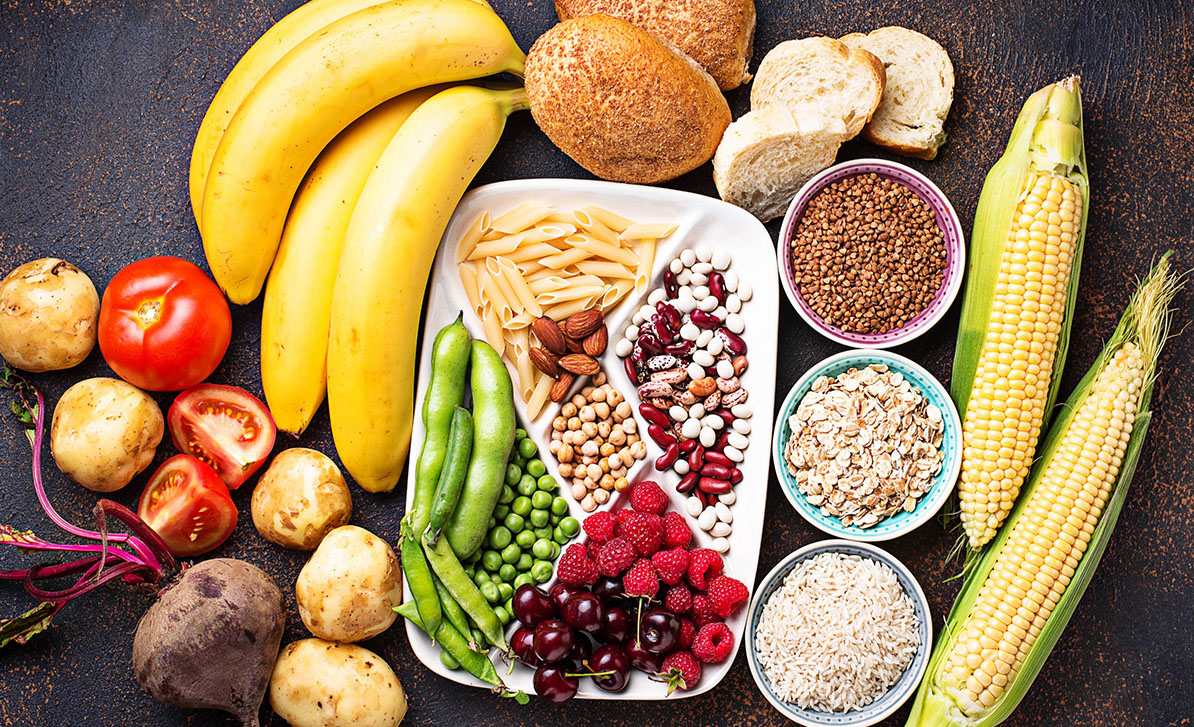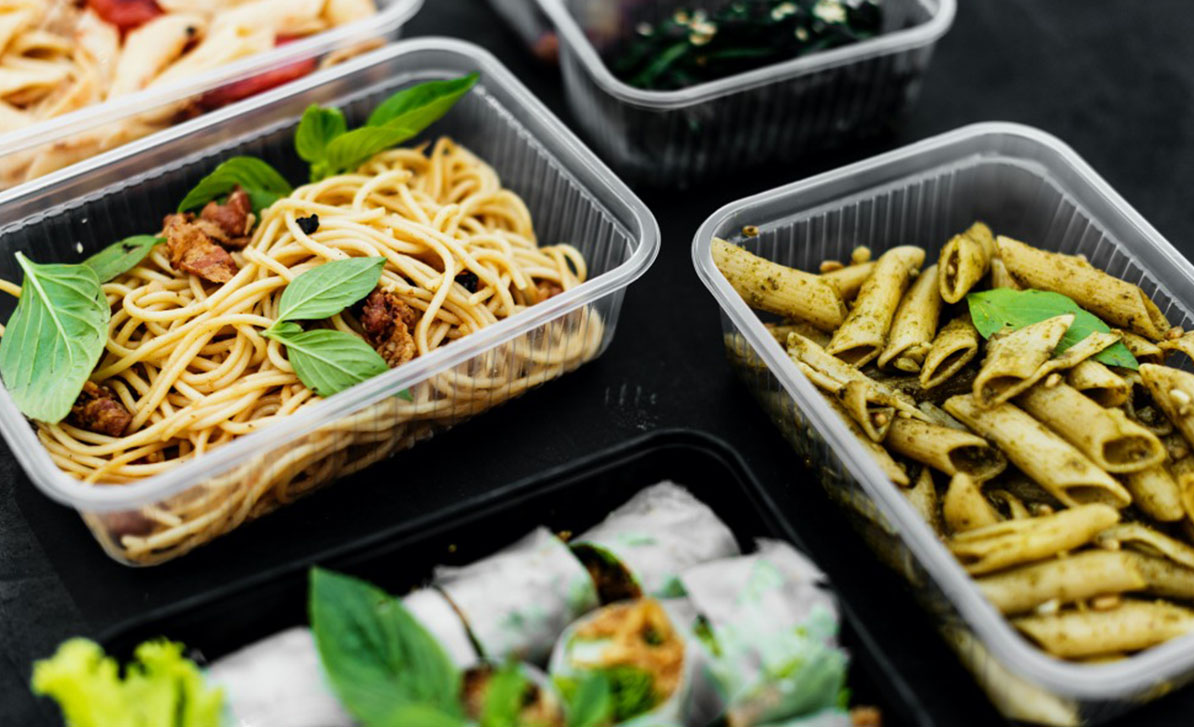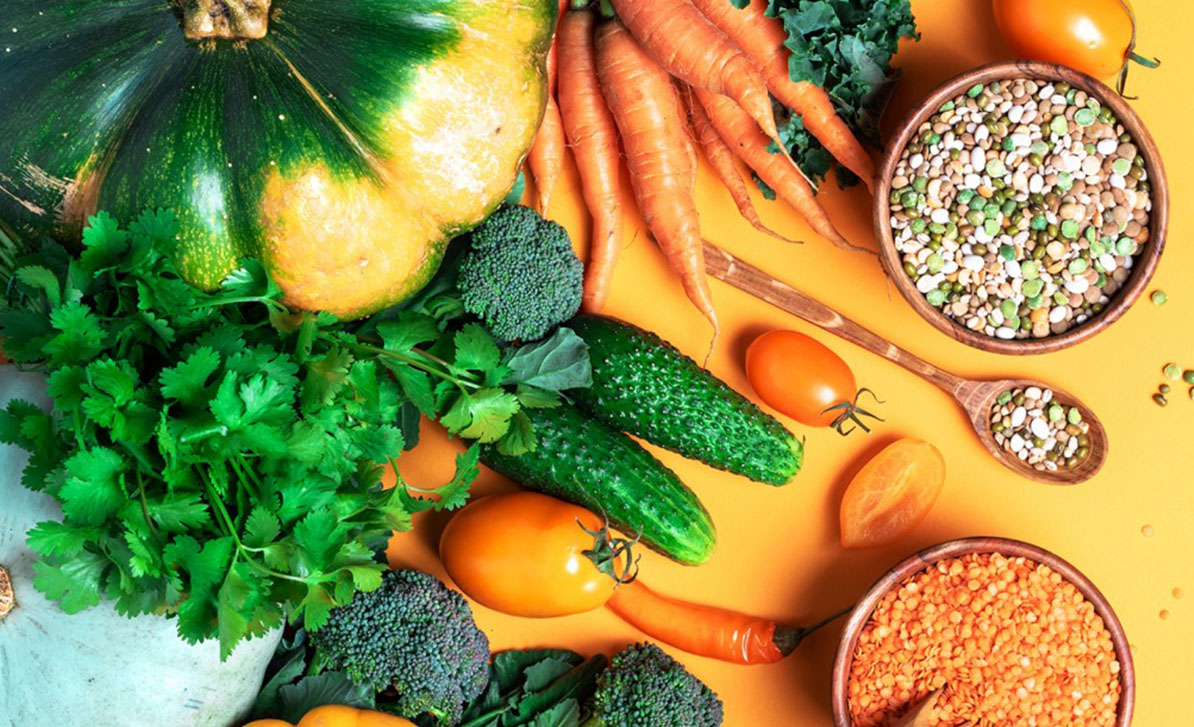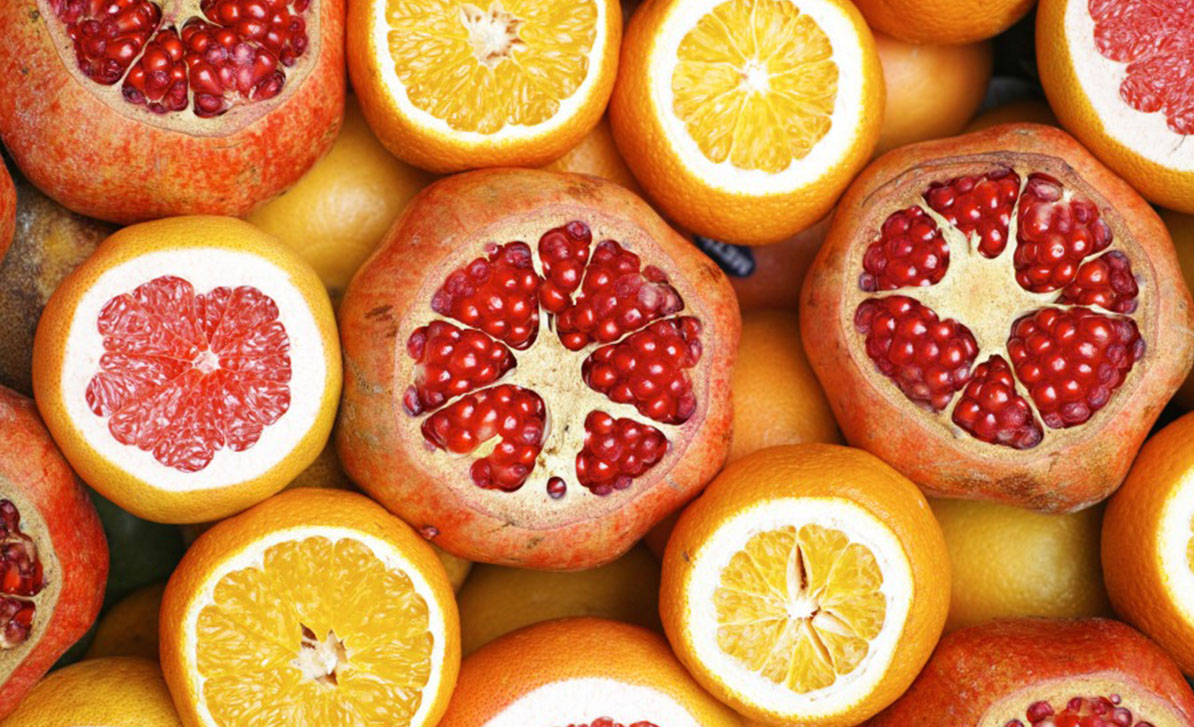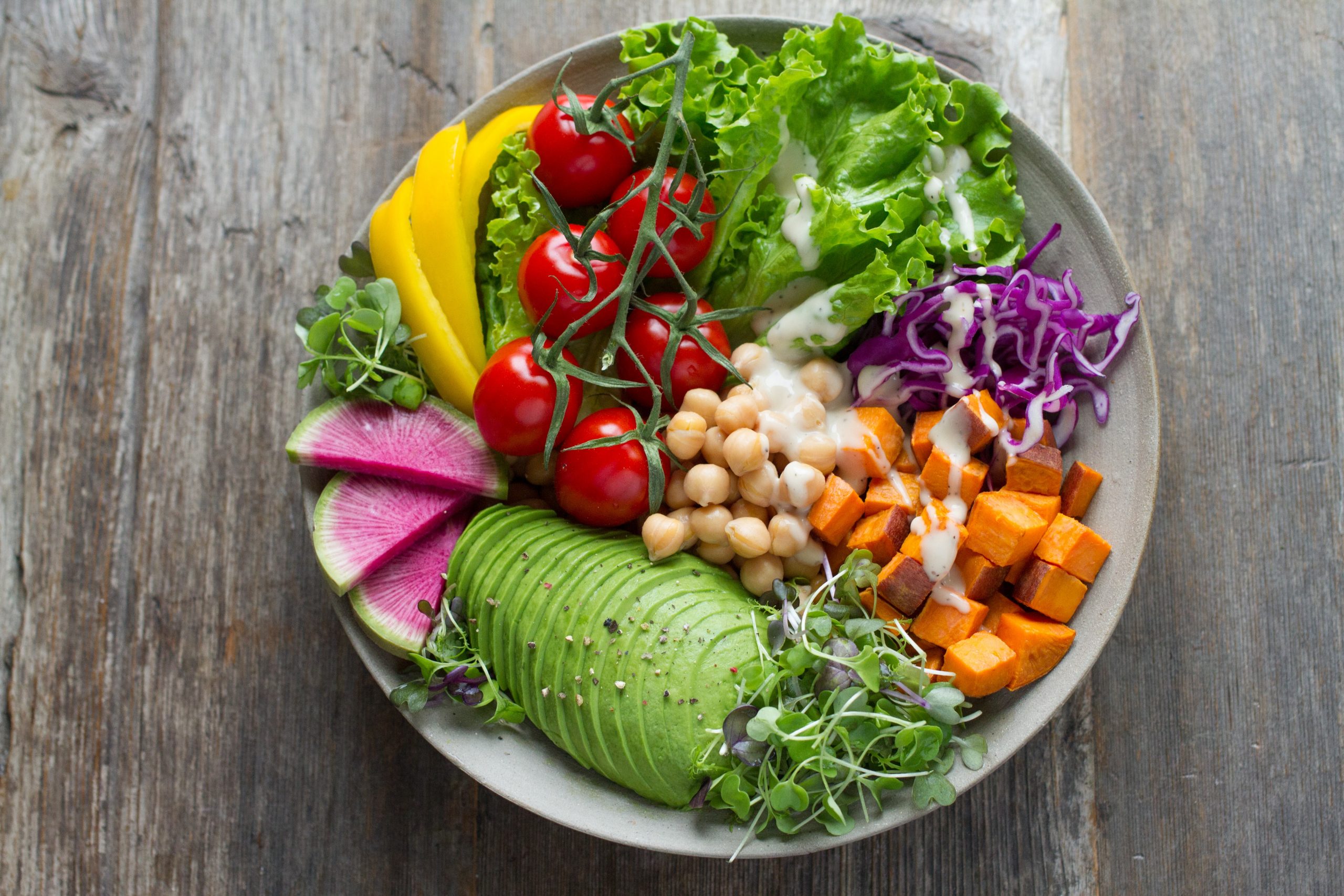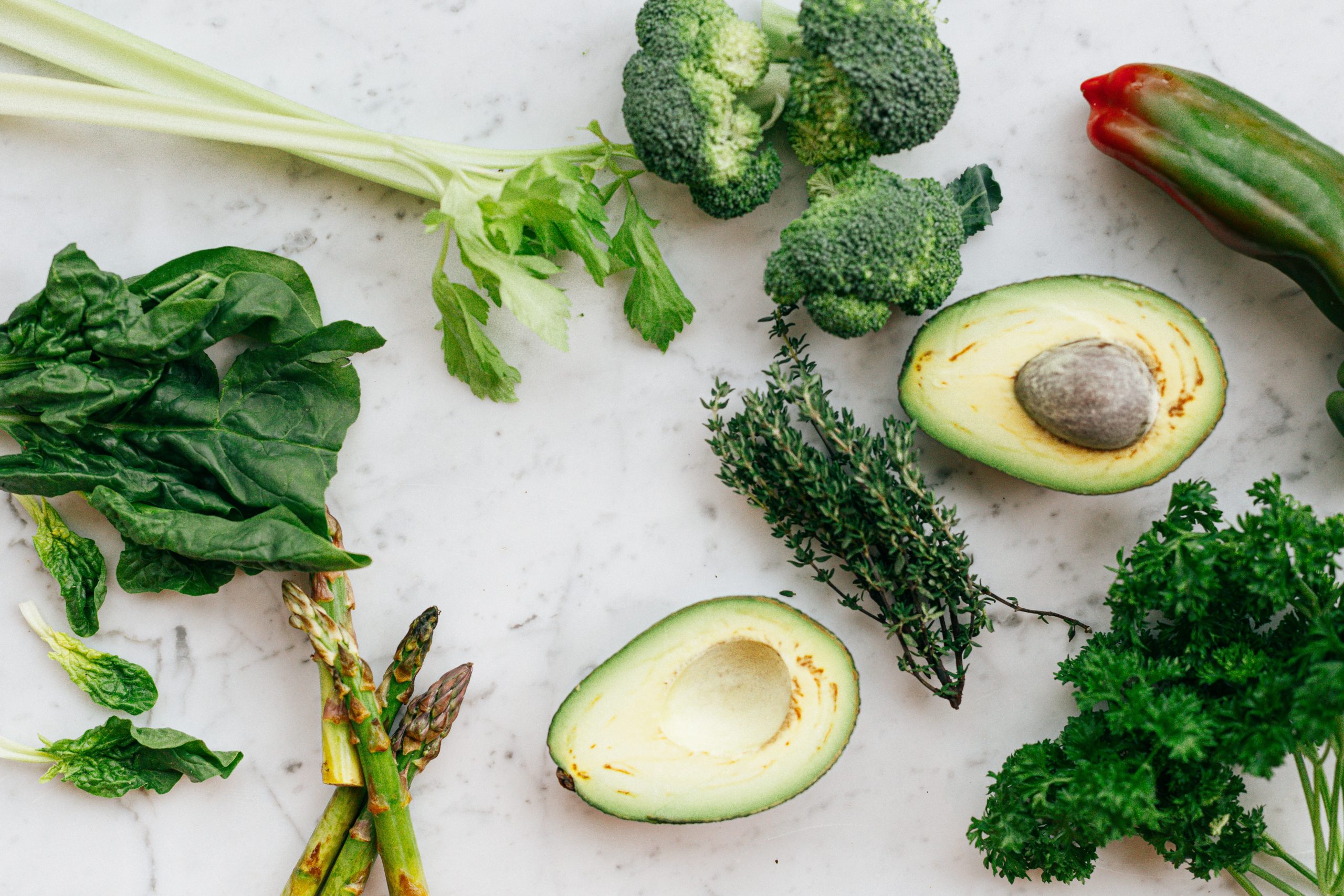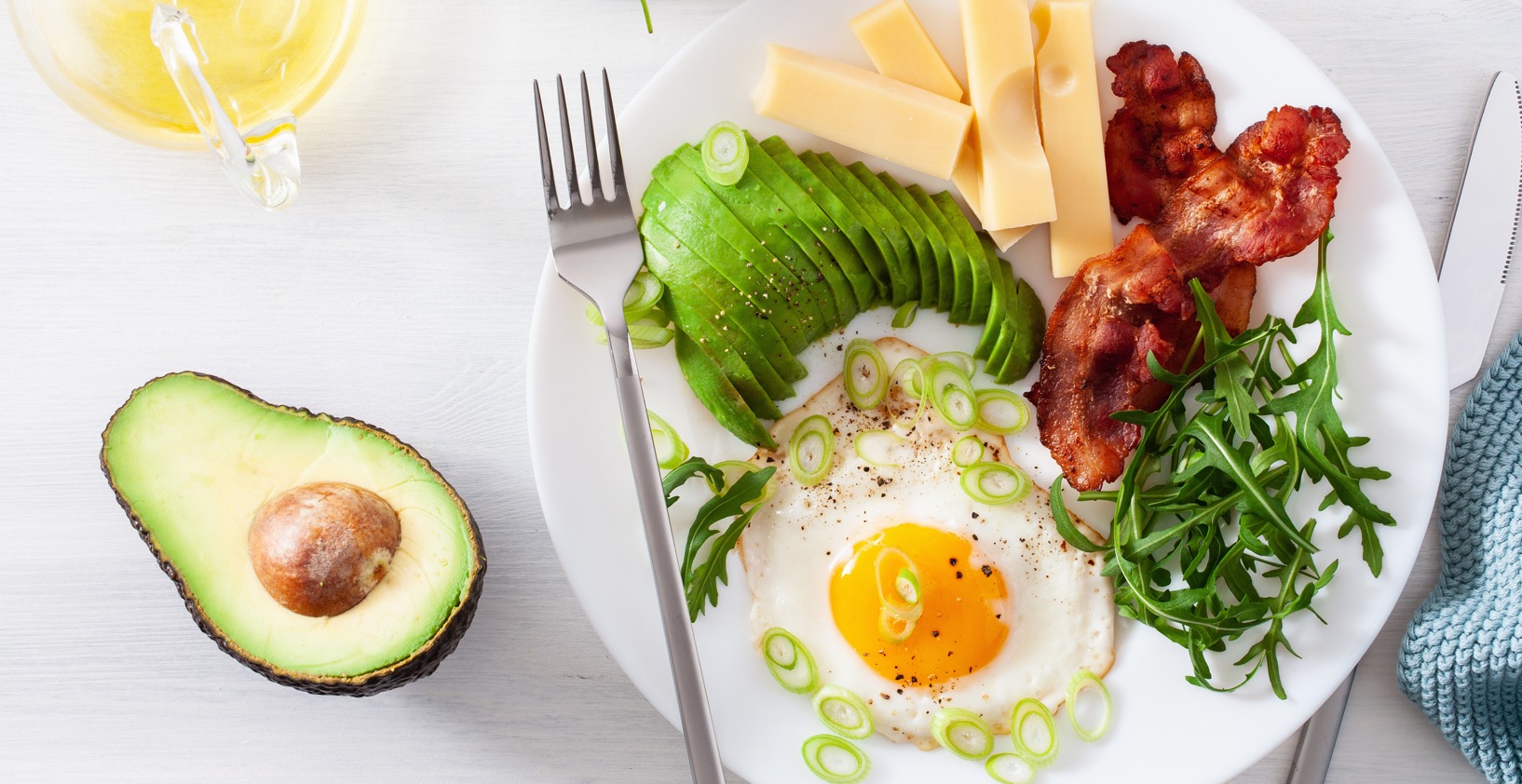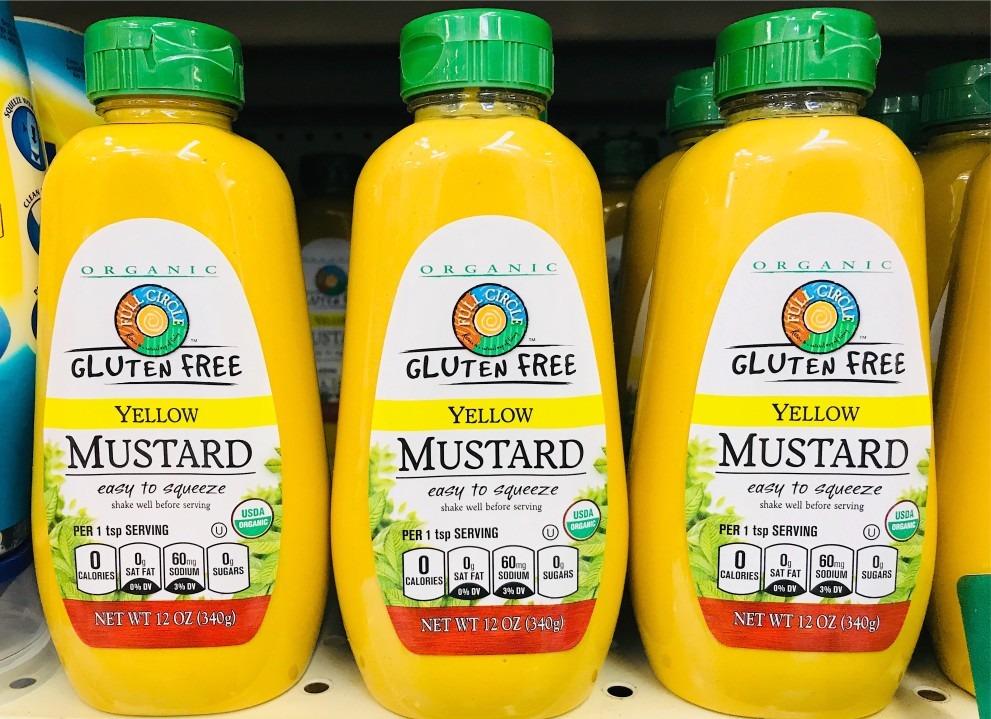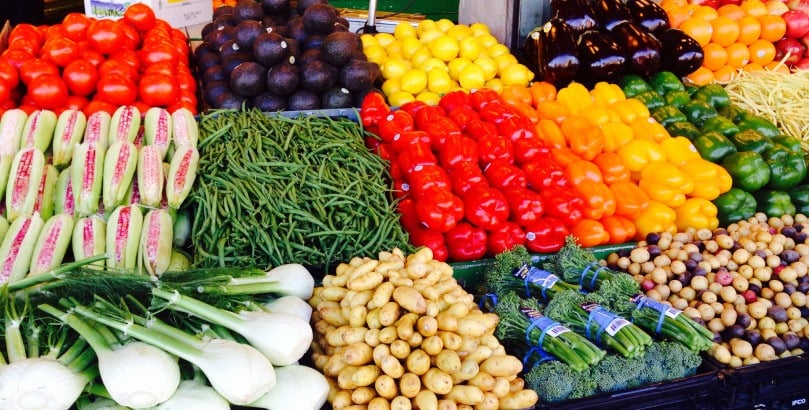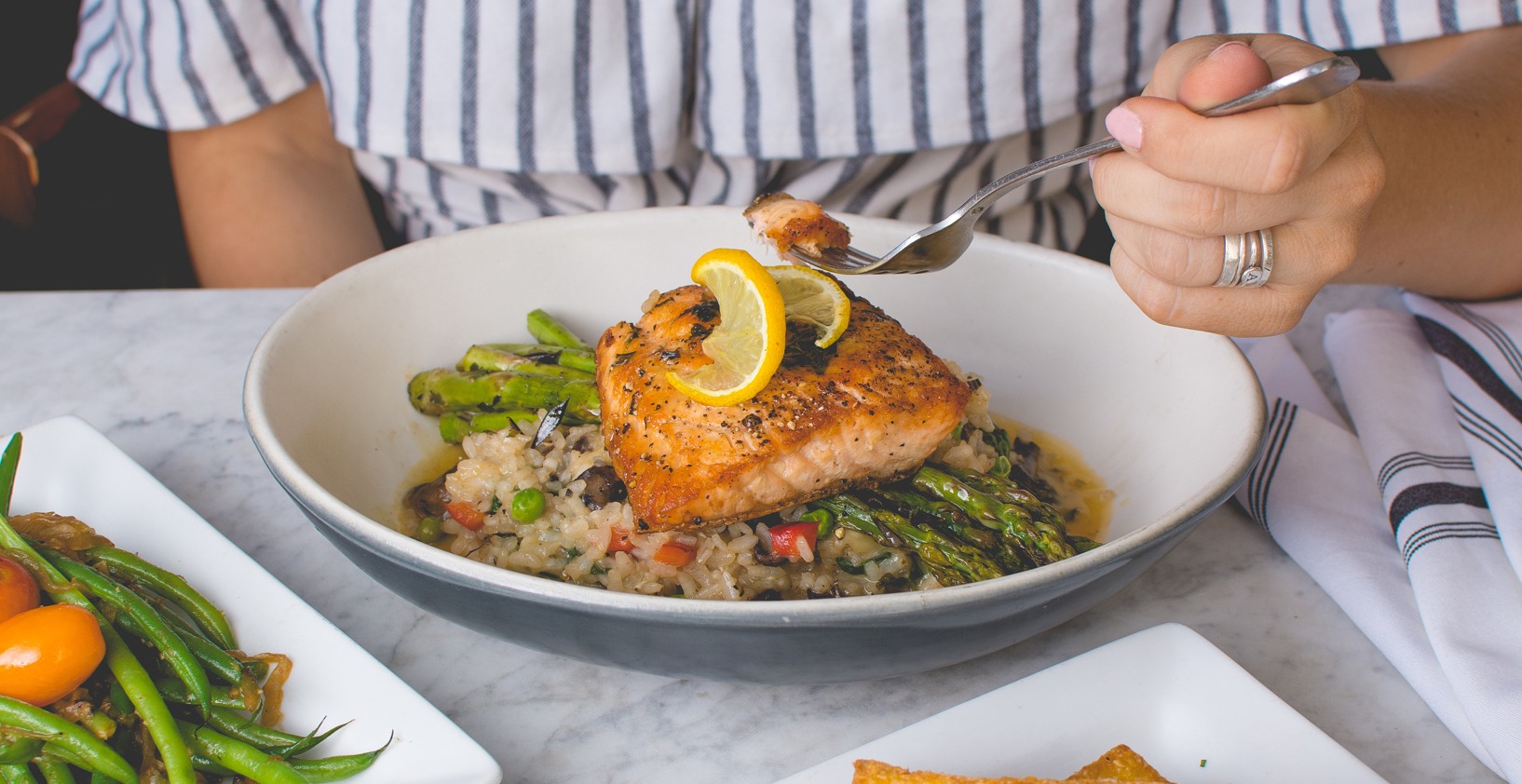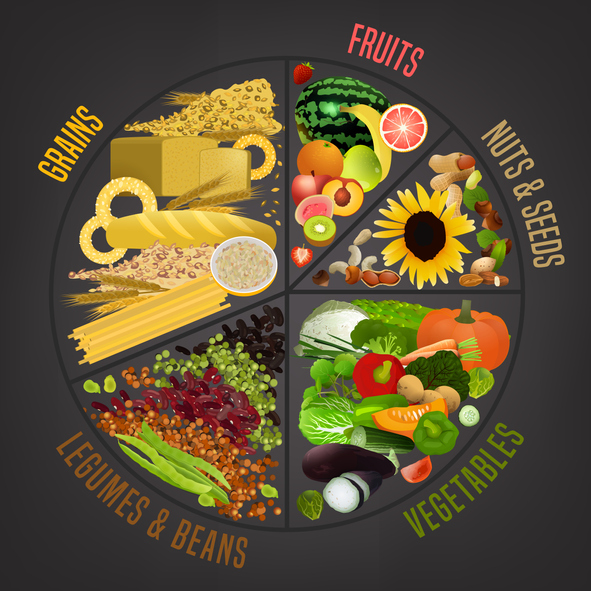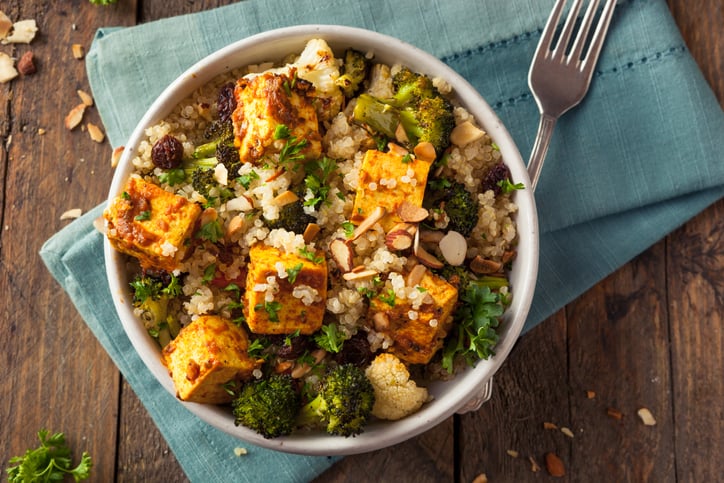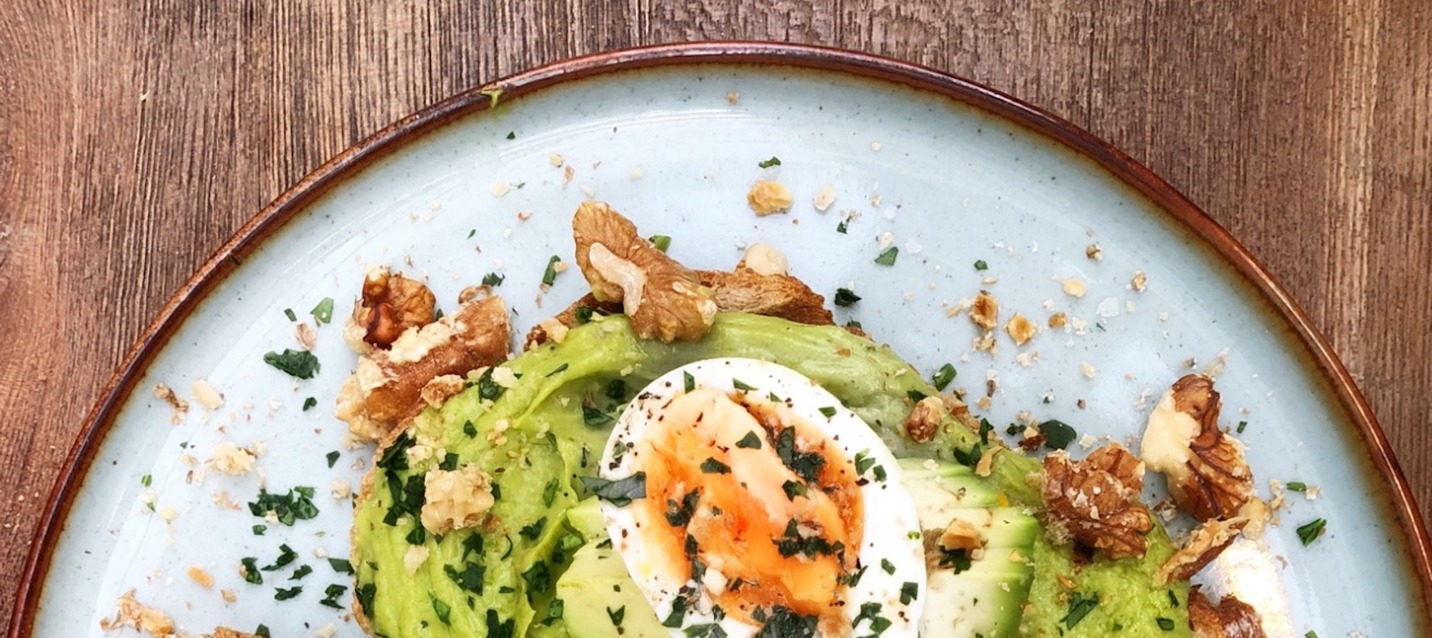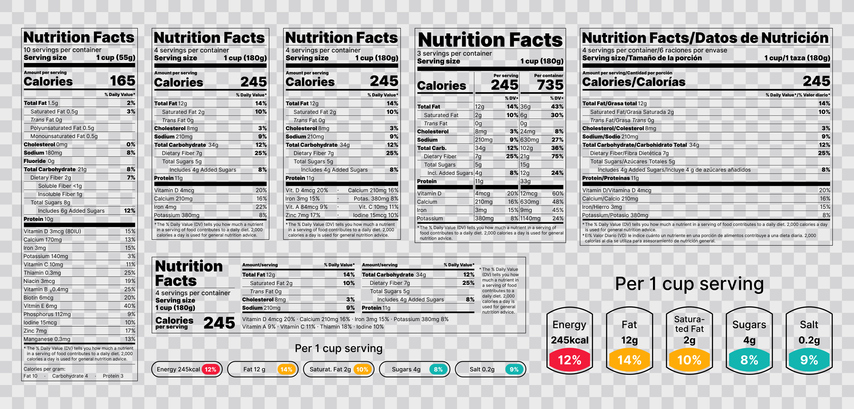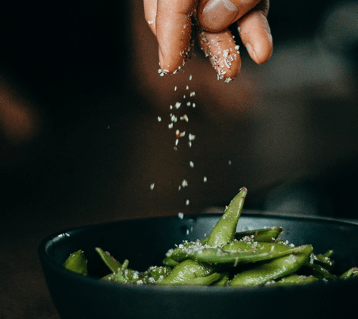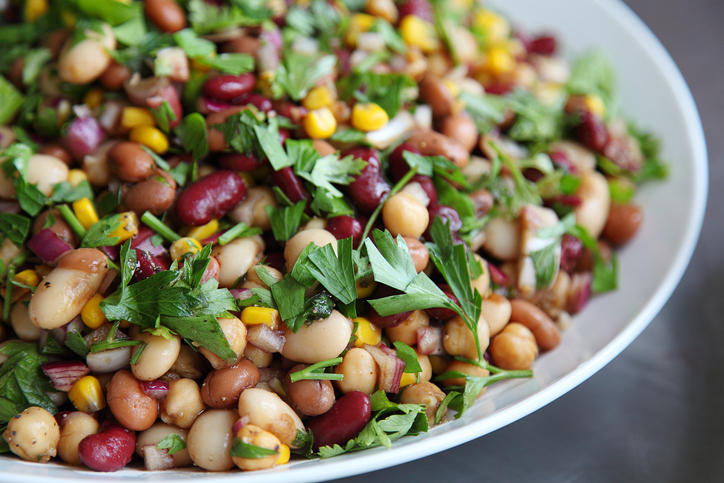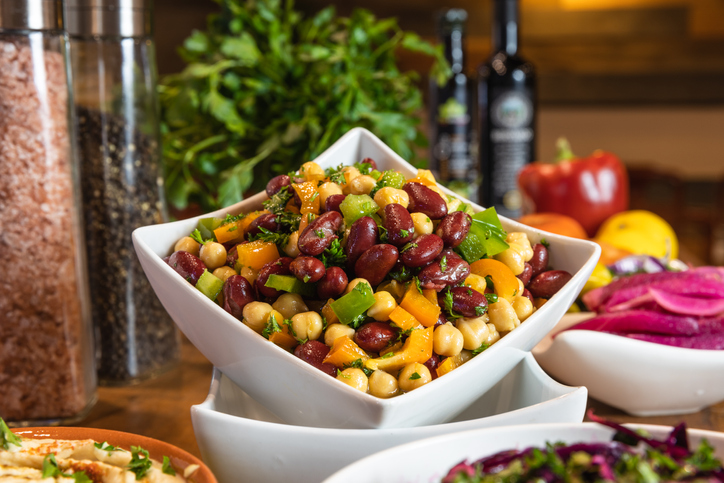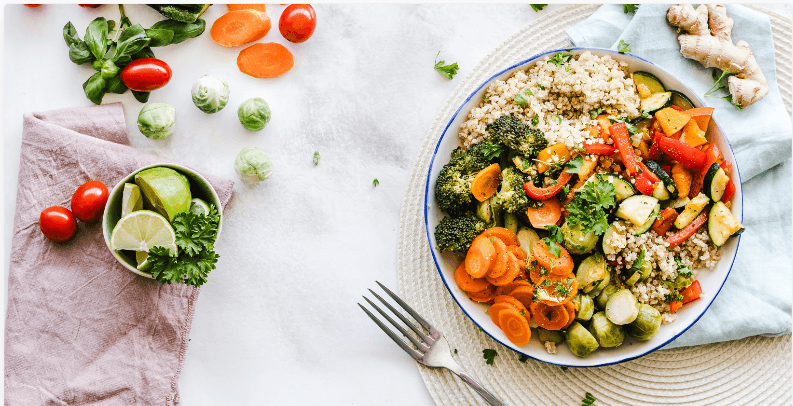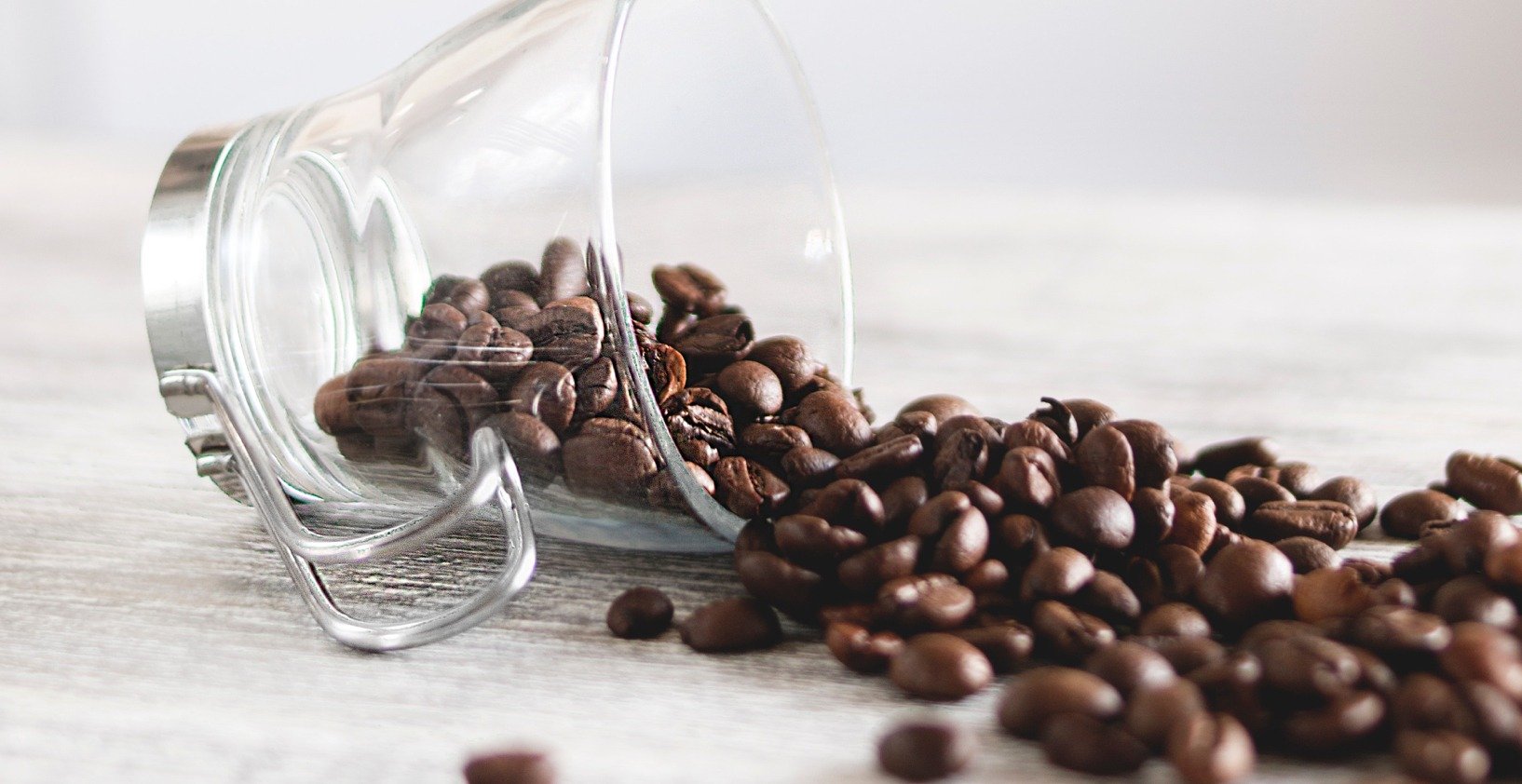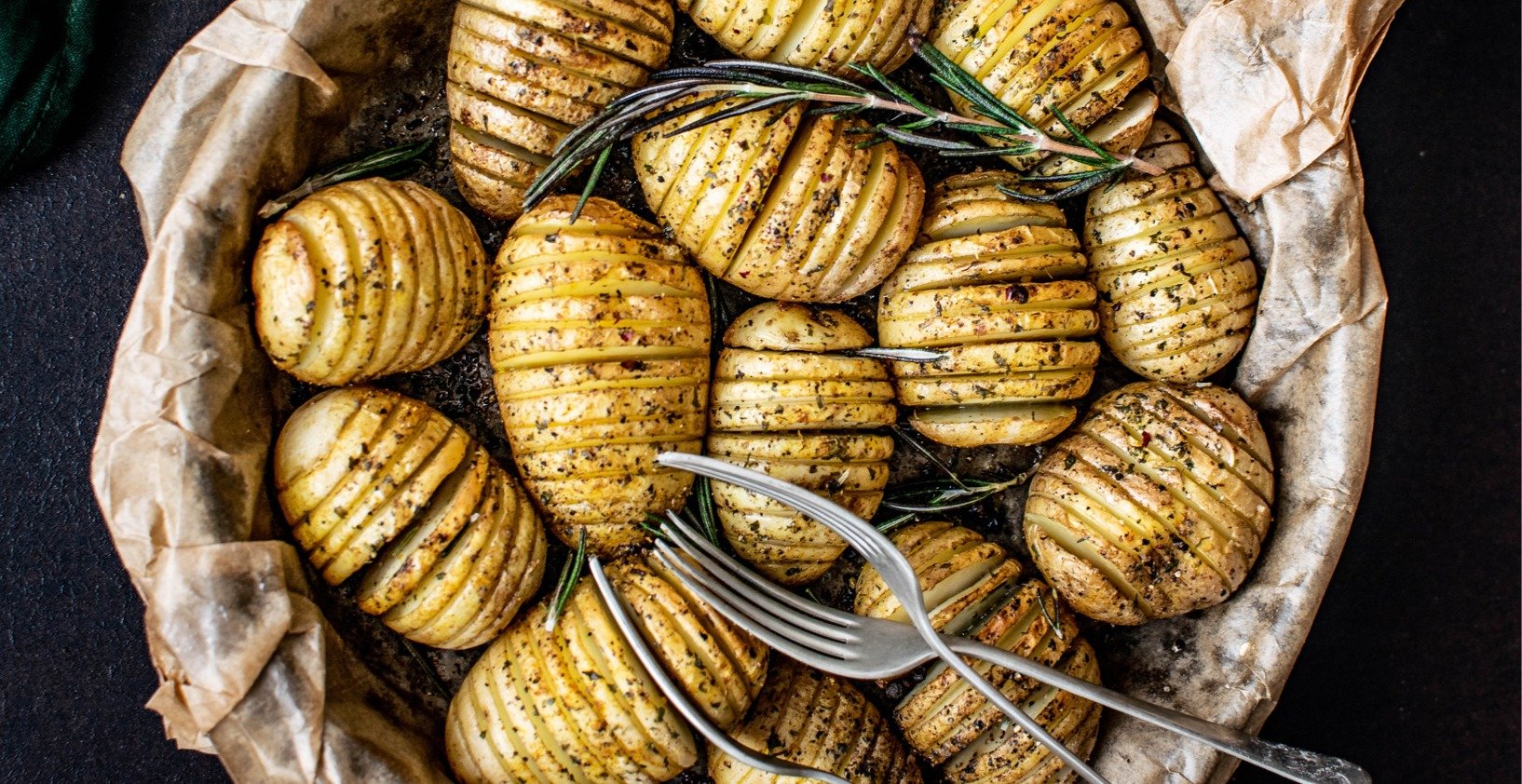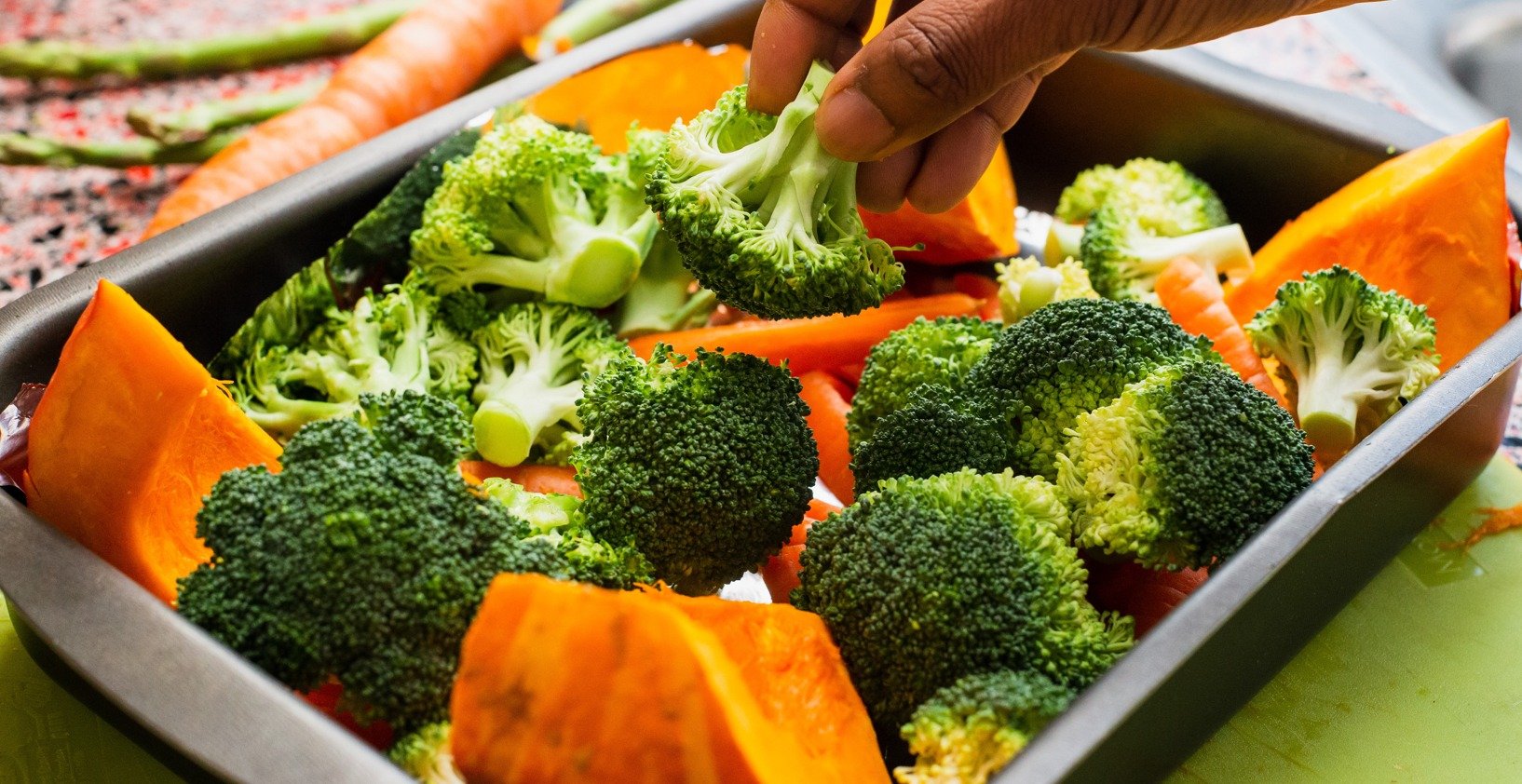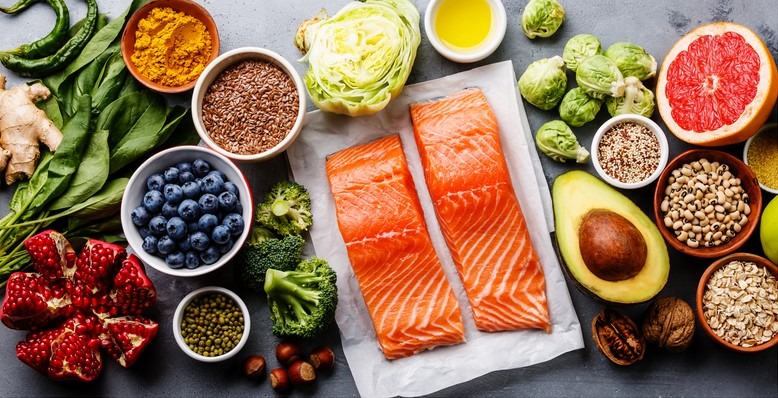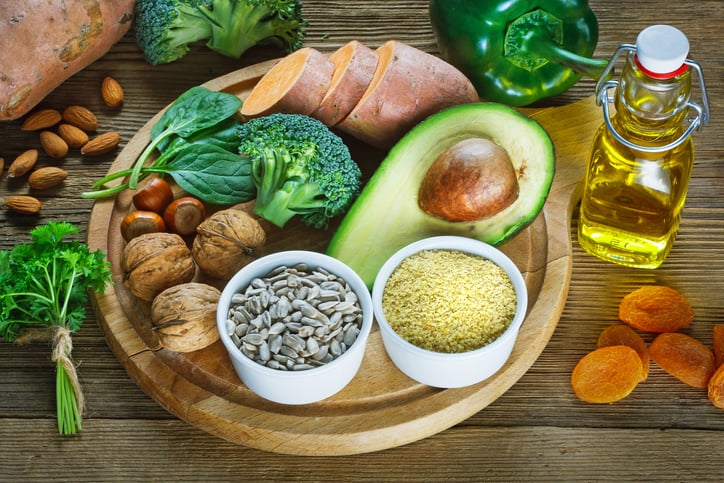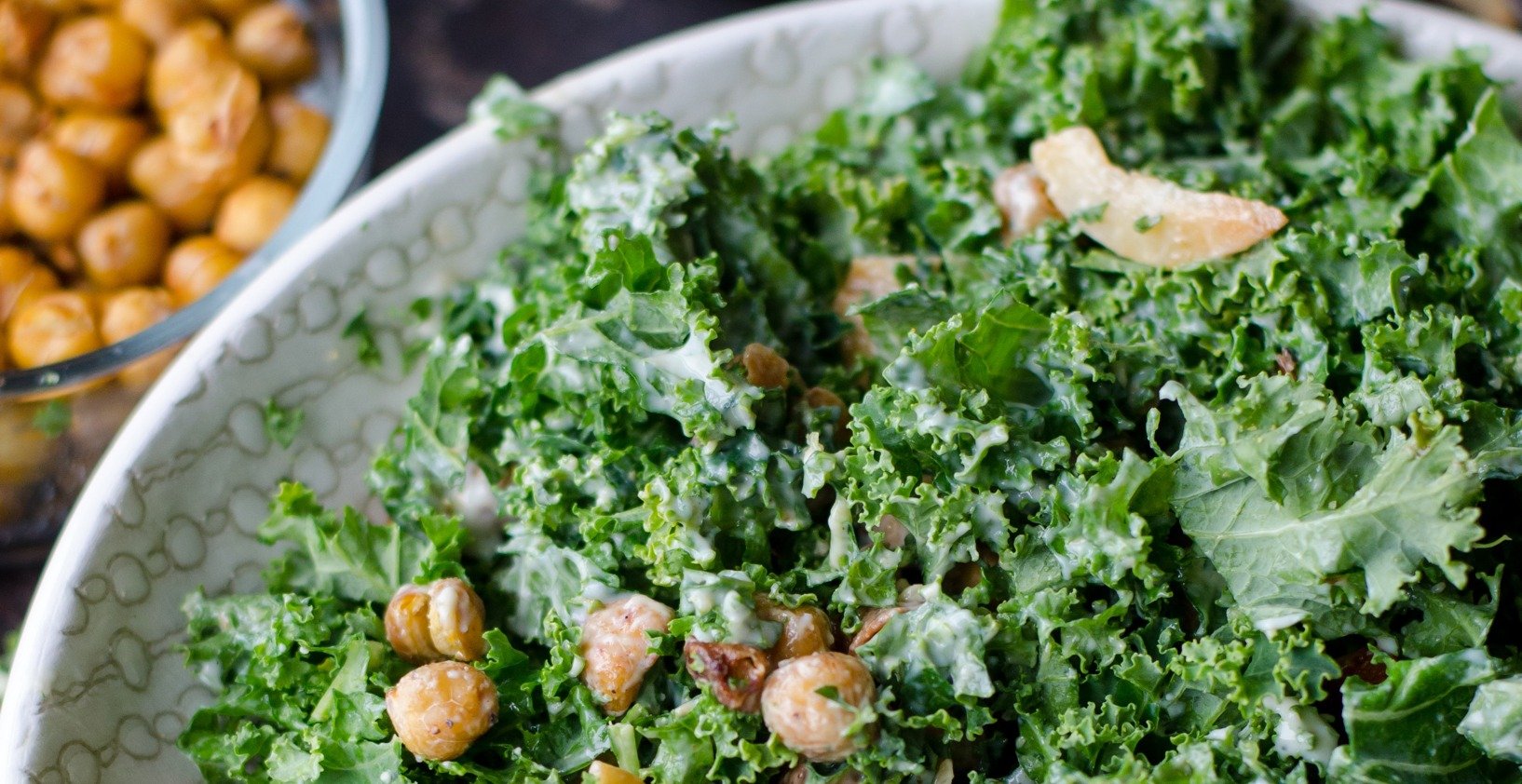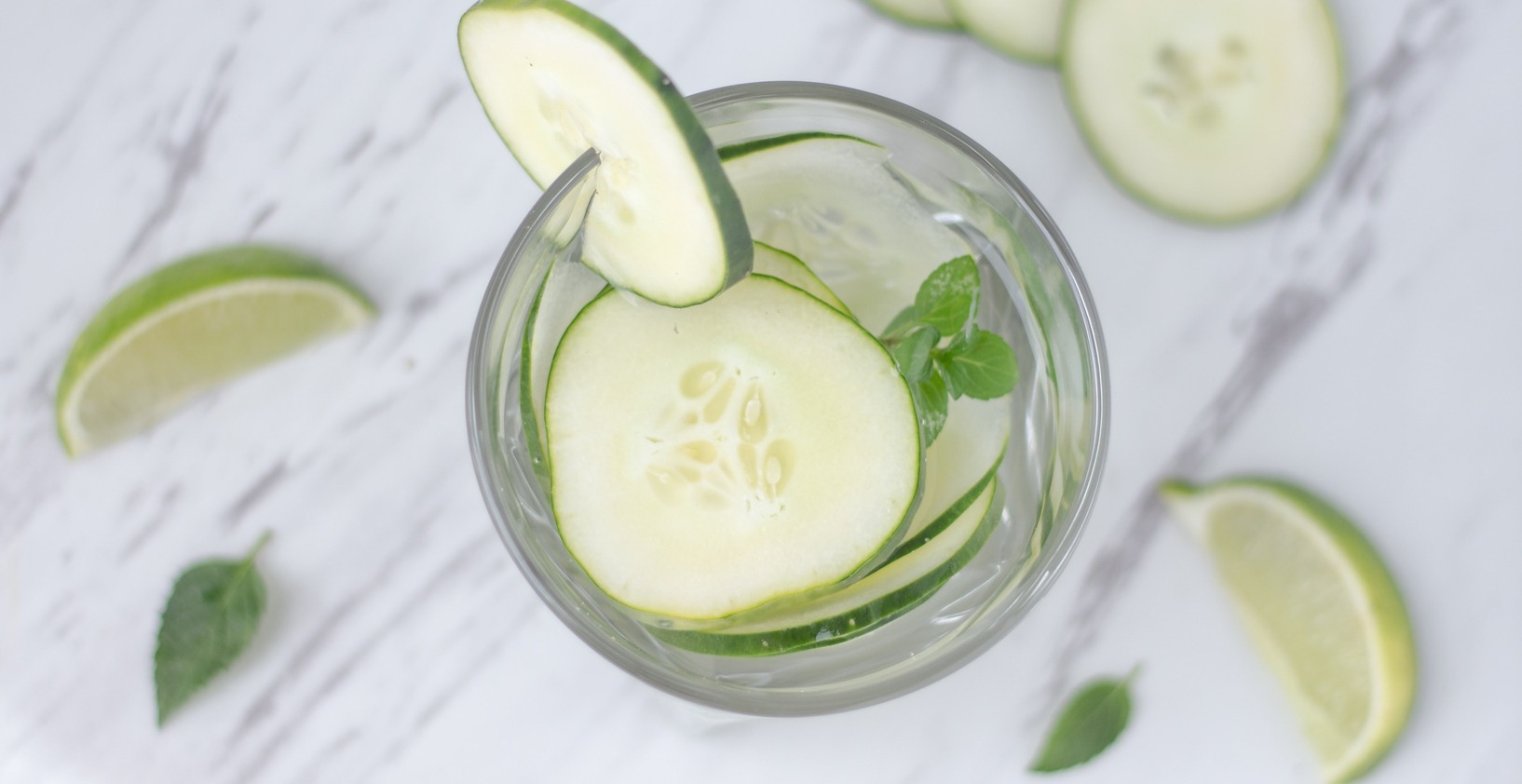Month 6, Free
Mediterranean Diet
Last Reviewed: 22/11/2022
Time To Read: 3mins
Tags:Free
The Mediterranean diet is a general term that reflects the eating habits of countries that border the Mediterranean Sea. This eating pattern includes dairy products and fish and poultry more often than red meats. It also includes an abundance of fruits and vegetables, bread and other cereals, potatoes, beans, nuts and seeds, olive oil and wine in low to moderate amounts.
These diets are similar to the recommendations from the American Heart Association except that these diets have a relatively high percentage of calories coming from fat.
People who follow the Mediterranean diet eat less saturated fat than those who eat a typical American diet. However, as this diet pattern is high in fat, and fat has twice the number of calories of carbohydrate and protein, there is potential for weight gain due to excess calories.
Heart disease rates in Mediterranean countries is lower than that in the United States, however this may not be entirely due to diet. It is possible that lifestyle factors, such as physical activity levels may play a part in low heart disease rates. Further research is required before a blanket recommendation can be made that everyone should follow the Mediterranean style eating pattern.

Diet Pattern
The Mediterranean diet follows this diet pattern;
- Loaded in fruits and vegetables. Plant foods make up the majority of meals.
- Includes nuts (small portions) for a healthy snack.
- Includes unsaturated fats (no butter) such as olive or canola oil.
- Includes fish once or twice per week.
- Low intakes of red meat. If you choose to eat red meat, make sure it is lean and portion sizes are small.
- Includes low-fat dairy products.
- Wine is ok in moderation. If you don’t drink, don’t start. Check with your Doctor if you have medical conditions before including wine in your diet.
The focus with the Mediterranean diet is on choosing which type of fat you eat. So, limiting saturated fats and replacing these with unsaturated fats. Olive oil is widely used within this eating pattern. Choose ‘extra-virgin’ or ‘virgin’ olive oils as they are the least processed.
The bottom line with the Mediterranean diet is that this is a healthy eating pattern, however care is needed with the amount of fat consumed due to the high calorie content.
Further Reading (these blogs are only available to subscribers of The Food Cruncher)
- Plant-based diet
- Fat
Thanks for reading.
The team @ The Food Cruncher.
The Science
https://www.heart.org/en/healthy-living/healthy-eating/eat-smart/nutrition-basics/mediterranean-diet
Grosso G, Marventano S, Yang J, Micek A, Pajak A, Scalfi L. et.al. A comprehensive meta-analysis of evidence of Mediterranean diet and cardiovascular disease: Are individual components equal? 2017. Critical Reviews in Food Science and Nutrition, 57:15, 3218-3232, DOI:10.1080/10408398.2015.1107021
Have you tried the Keto diet? Paleo diet? Fasting diet? 80:20 diet? High protein diet? Low fat diet? High carb diet? Low carb diet? And STILL can’t lose the weight?
Then The Food Cruncher has the plan for you!
Sign up to our plan and we will teach you how you never again have to go on a diet.
The Food Cruncher provides general information and a forum for discussions about health, wellness, food and related subjects. The information and other content provided in this website, or in any linked materials, are not intended and should not be construed as medical advice, nor is the information a substitute for professional medical expertise or treatment.
If you or any other person has a medical concern, you should consult with your healthcare provider or seek other professional medical treatment. Never disregard professional medical advice or delay in seeking it because of something that you have read on this website or in any linked materials. If you think you may have a medical emergency, call your doctor or emergency services immediately.
The opinions and views expressed on this website have no relation to those of any academic, hospital, health practice or other institution.
For the truth about food and evidence based nutrition information, join The Food Cruncher.
We only publish evidence-based articles so no gimmicks, fads or anything unsupported
by research or evidence. Members only have exclusive access.




